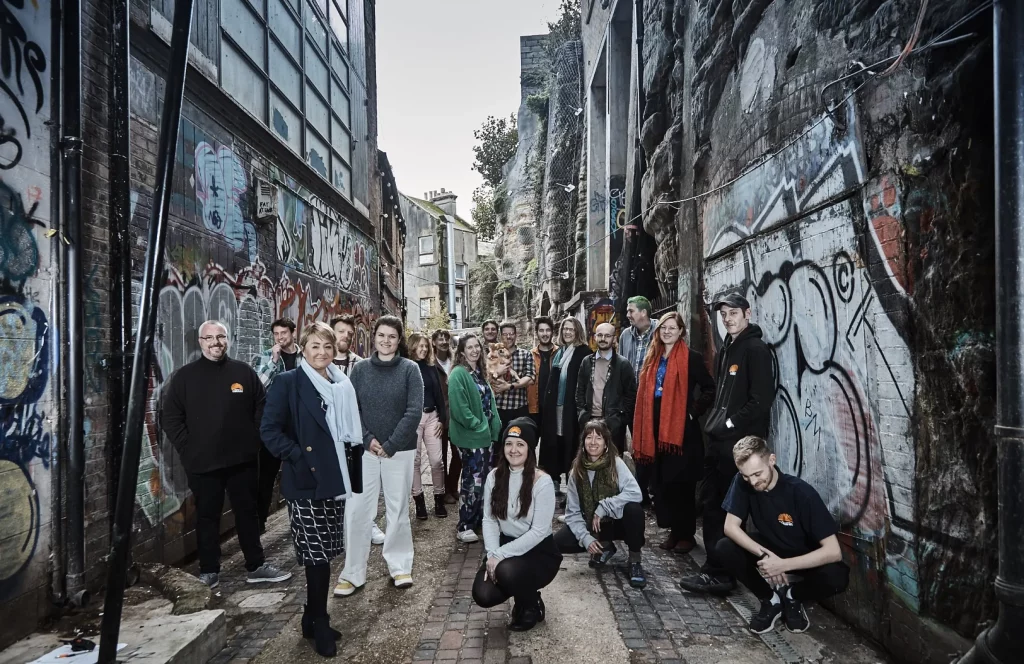Nashira is an eco-village in southern Colombia built by and for women who have suffered domestic violence or been forced from their homes by Colombia’s long civil war. It provides a safe, rent-free home, a stable income, and a supportive community. Women built their own homes using recycled materials, such as bottles and tyres. Each house costs around $10,000 but is given free to the women in exchange for 1,200 hours of labour.
The village is self-sustaining, with its own clean water, organic food, and waste management systems. Residents grow crops, recycle materials, and earn money through tourism, markets, and craft production. Nashira even has its own local currency to keep money circulating within the community.
The project has helped women escape poverty and build better lives. Many used to live in slums with poor health and no income. Now, they have safe homes, jobs, and food security. Nashira empowers women through leadership roles and collective decision-making.
Funded initially by donations and government support, Nashira is nearly financially self-sufficient. While not every income-generating activity succeeded, the village’s model has inspired others across Colombia and Latin America.
Nashira proves that eco-villages can be both environmentally and socially sustainable. It shows that low-cost, community-led housing can transform lives—especially for women.















